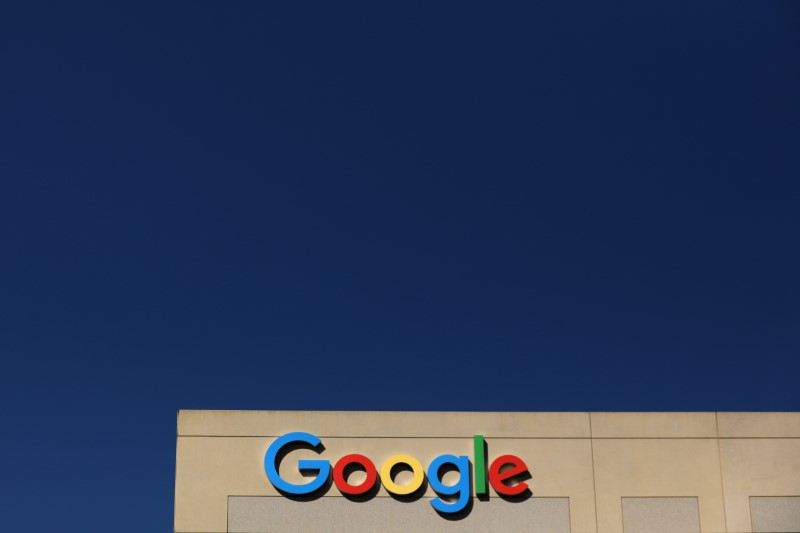This post was originally published on this site
https://i-invdn-com.investing.com/trkd-images/LYNXMPEJ0P0VQ_L.jpg
(Reuters) – A landmark lawsuit by the U.S. Justice Department against Alphabet (NASDAQ:GOOGL)’s Google over its dominance of advertising technology could help rivals and websites that sell ad space, but leaves an uncertain future for the advertisers themselves, experts told Reuters.
The Justice Department’s complaint against Google on Tuesday called for the company to divest Google Ad Manager, a suite of tools including one that lets websites put ad space up for a sale and another that served as an ad marketplace that automatically matched advertisers with those publishers.
If the Justice Department lawsuit succeeds, “advertisers and publishers could have more leverage with more options with expanding players – and consequently more competition,” said Neil Begley of Moody’s (NYSE:MCO) Investors Service.
Apple Inc (NASDAQ:AAPL), which is steadily growing its nascent advertising business and promoting it as privacy-focused, could be a winner if Google ads become less effective, said Brian Mandelbaum, chief executive of marketing firm Attain.
Ad industry executives say Google’s business in placing ads on websites it does not own gives Google valuable information on an ad’s effectiveness.
Apple has “an ability to be a new dominant force,” in advertising because Apple has data through its ownership of phones, its Safari web browser and the distribution of apps through the App Store, he said.
Google’s competitors in ad tech are increasingly creating products that serve both the publishers like news websites, which sell ad space, and advertisers who buy ads, like Google currently does, said Paul Bannister, chief strategy officer at CafeMedia, which helps small and medium-sized publishers sell ad space.
If Google is forced to divest the tools that serve publishers, it would benefit competitors like Xandr, which is owned by Microsoft (NASDAQ:MSFT), that will still work with both sides of the ad-buying ecosystem, Bannister said.
With more options besides Google, publishers will have more transparency over how much they can sell ad space for, and could end up paying less in fees, Mandelbaum said.
If successful, the lawsuit could be “the beginning of serious business model changes for Google,” said Paul Gallant, managing director at Cowen Washington Research Group.
The divested assets could result in Google losing key data that helps target ads to relevant consumers, he said.
If Google loses access to data signals, advertisers could see their Google ads become less effective, said Nikhil Lai, senior analyst at research firm Forrester.
At least twice before, the government has filed lawsuits against dominant companies with far-reaching results. A lawsuit breaking up AT&T (NYSE:T), filed in 1974, resulted in an agreement in 1982 to break up the company. That breakup has been credited with a host of innovations in telephony.
The Justice Department’s lawsuit against Microsoft, filed in 1998, reined in the company at a time when it was seeking to extend its dominant operating system to the internet browser. While the lawsuit settled, the fight is credited with opening the way for other internet innovators, like Google itself.

